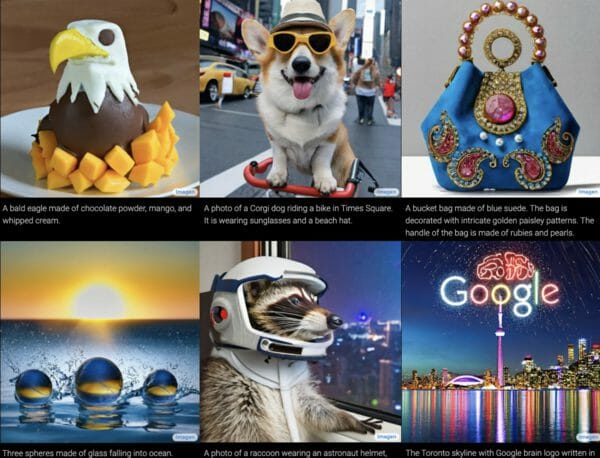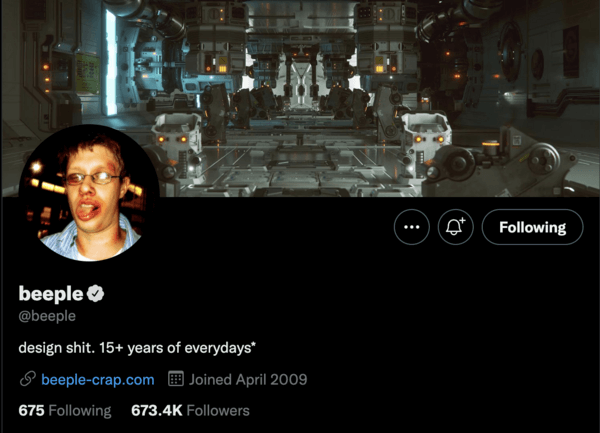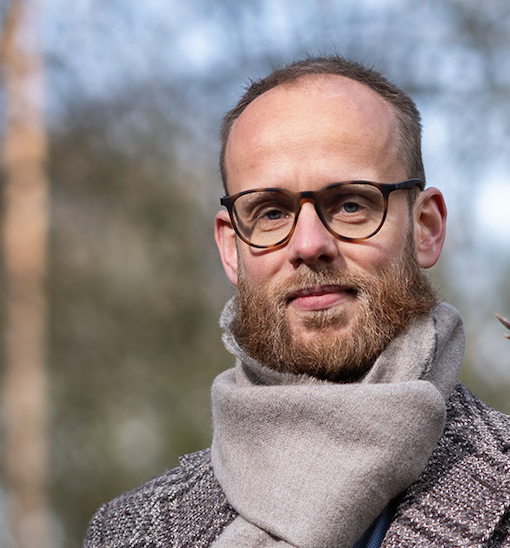
On the 15th of October our book “Real Fake – Playing with Reality in the Age of AI, Deepfakes and the Metaverse” has been released. It is our take on synthetic media, deepfakes, fake news, conspiracy theories, memes, internet culture, Generation Z and Alpha, crypto, narrative economics, virtual humans, CGI influencers, vTubers, NFTs, DAOs, VR, Web3, the Creator Economy and the Metaverse. Real Fake is about how humans continuously manipulate reality and how new digital technology tools enable us to go one step further in this ancient game.
Google’s Latest Text-To-Image AI

There’s a new hot trend in AI: text-to-image generators. Feed these programs any text you like and they’ll generate remarkably accurate pictures that match that description. They can match a range of styles, from oil paintings to CGI renders and even photographs, and — though it sounds cliched — in many ways the only limit is your imagination.
To date, the leader in the field has been DALL-E, a program created by commercial AI lab OpenAI (and updated just back in April). Yesterday, though, Google announced its own take on the genre, Imagen, and it just unseated DALL-E in the quality of its output.
Read the full article @The Verge.
Beeple Got Hacked

After selling an NFT for a cool $69.3 million — sigh, nice — last year, digital artist Mike “Beeple” Winkelmann has fallen victim to hackers who stole hundreds of thousands of dollars worth of crypto and NFTs from his followers.
As first noted by crypto security analyst Harry Denley, it appears that the miscreants made off with approximately $438,000 in assets after hacking the artist and directing his more than 673,000 Twitter followers to a phishing scam masquerading as a fake collaboration between the artist and Louis Vuitton.
Niantic Moves Beyond Games

Niantic made a name for itself in the mobile gaming industry through the enduring success of Pokémon Go. Now the company is hoping to become something else: a platform for other developers to build location-aware AR apps on top of.
This plan has been in the works since at least 2018, but it’s taking a big leap forward this week with the long-awaited release of Niantic’s location mapping software for AR, which it calls the Visual Positioning System, or VPS in a nod to GPS. The technology makes it so that AR experiences can be grounded to a physical location, like the front of a building or a park monument, rather than just floating aimlessly through a phone’s camera view.
Paris Hilton Wants To Be The Queen of the Metaverse

Paris Hilton has dived into the metaverse. Selling NFTs and a digital experience in Roblox, Hilton has rebranded herself as the metaverse mogul.
Read the article here.
Cyclicality & What’s Next
“The foundational sectors of the crypto ecosystem are broadly established and the necessary infrastructure is rapidly advancing. These primitives and protocols are ripe for combination and future building through leveraging and integrating what they enable to extend crypto demand through more impactful applications, enhanced user experience, lower transaction fees, interoperable cross-chain experiences, and empowering people across the world with access and ownership they rightfully deserve.”
Great overview of the crypto ecosystem providing when and how we move forward.
Contact
Real Fake is a weekly newsletter in which SogetiLabs’s Research Institute VINT examines the future where synthetic reality becomes part or our objective reality. We investigate the impact of new technology on people, organisations and our society. If you have any questions or comments, do not hesitate to contact us. You can reach us at vint@sogeti.com.

 English | EN
English | EN 